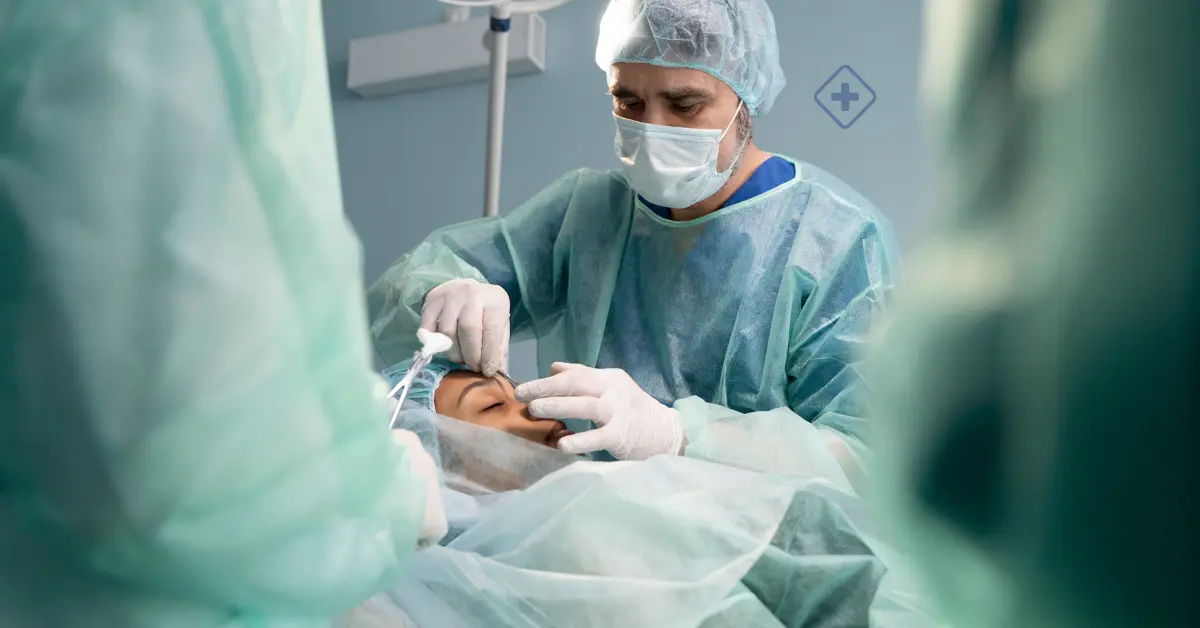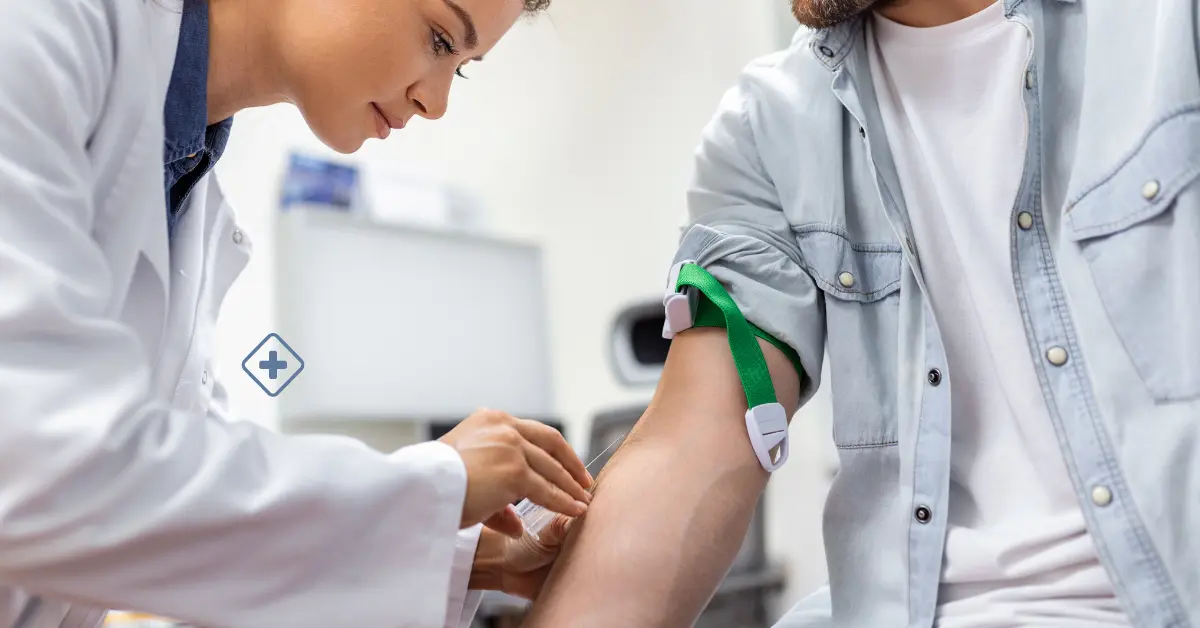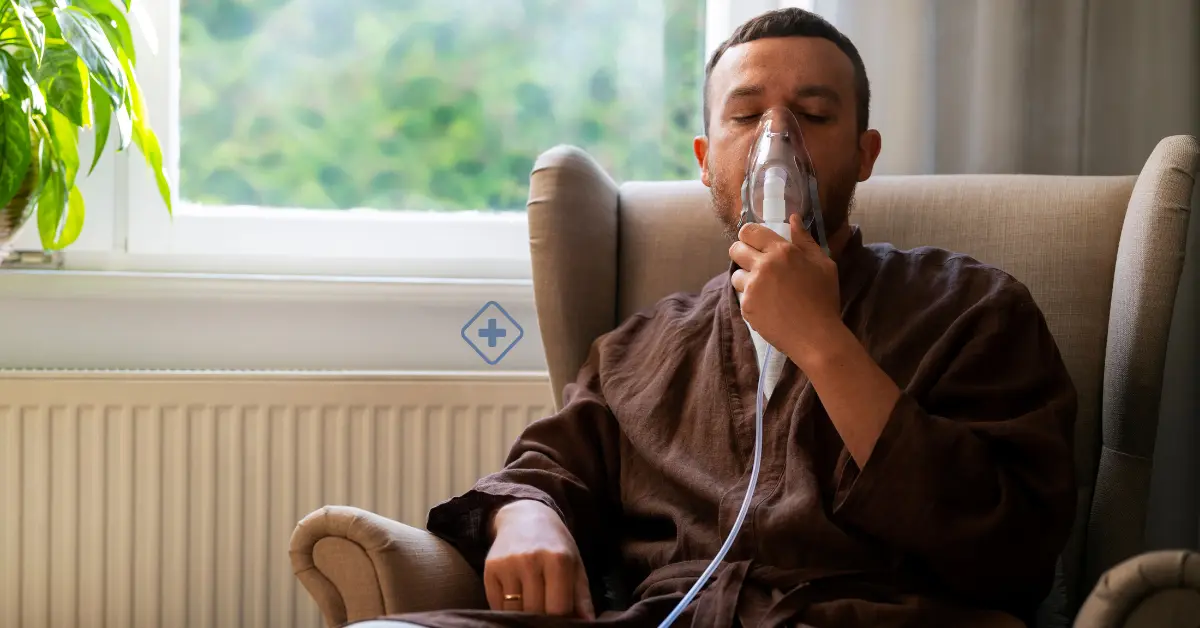
What Cardiac Patients Should Do During the COVID-19 Era!
Why is there a risk of developing more severe symptoms of COVID-19 in patients with a heart condition?

Cardiovascular diseases are the leading cause of death worldwide. More than any other cause, heart disease is the number one reason why more people die. Therefore, in the Coronavirus pandemic, we are currently experiencing, it is vital to know how COVID-19 can affect heart patients. The Coronavirus is considered a threat to the health of any person; the concerns of all are many and are growing; however, these concerns are greater in those patients suffering from cardiovascular disease. Cardiovascular disease is the term used to define a set of heart and blood vessel conditions such as - Hypertension (High blood pressure) - Heart failure - Coronary heart disease - Cerebrovascular disease (stroke) - Congenital Heart Disease - Rheumatic Cardiopathy - Peripheral Vascular Disease
People with heart disease, congenital heart defects, high blood pressure, or stroke survivors may have a poor immune response if they contract the virus because their defenses are compromised, causing possible complications in their clinical picture.
For this reason, the motives to stay alert are bigger in people with heart organ diseases, since with what is known so far, those older patients with Coronary diseases or Hypertension are more likely to develop more severe symptoms.
Risks
If you have a heart problem, are you more likely to get COVID-19 than someone who does not have heart disease?
The basis for getting the virus is the same for everyone. The virus is spread through tiny droplets in the air from a person who is infected and who coughs, sneezes, spits, or talks.
Anyone can get the infection. However, those patients who have heart conditions may be more likely to show symptoms or a more severe infection than others with a stronger immune system.
Why is there a risk of developing more severe symptoms of COVID-19 in patients with a heart condition?
Although the main target of the virus is the lungs, when that happens, it can affect the heart. For those who already have heart disease, this vital organ has to work harder to continue pumping oxygenated blood throughout the body so the body's response to the virus may not be as strong.
The infection caused by the Coronavirus puts a strain on the heart. Also, studies indicate that COVID-19 can cause infectious and inflammatory damage to the heart muscle, complicating the heart's ability to pump efficiently.
If a patient with no history of heart disease gets Coronavirus, could there be any sequel or injury to the heart?
It is possible. According to recent studies, COVID-19 infection can leave sequelae in some patients infected with COVID-19 and cured even if they did not have any underlying heart disease; they could have complications such as inflammation of the heart muscle (myocarditis). Therefore, people recovering from COVID-19 are advised to be aware of any heart-related symptoms such as: shortness of breath, chest pain, swollen ankles, irregular heartbeat, dizziness, extreme shortness of breath on exertion or when lying down. Do not hesitate to consult a Cardiologist if you have any of these symptoms.
Are there any additional steps you can take to limit your risk of getting infected if you have heart disease
Like the rest of the population, the main thing is to follow the advice of your country's health authorities, and if you have heart disease you can consider the following recommendations:
Additional Steps
-
Avoid crowded places and apply social distancing.
-
Correct use of the Face Mask read all about how to use it in this blog.
-
Wash your hands several times during the day with soap and water for at least 20 seconds.
-
Avoid touching your eyes, nose, and mouth.
-
After touching surfaces in public places, use a 70% alcohol-based antibacterial gel to keep your hands clean.
-
Regularly clean those surfaces that are frequently touched in your home.
-
Eat healthy to keep your immune system stimulated.
-
Limit your ingestion of alcohol and sugary drinks.
-
Do not smoke. You can increase your risk of becoming seriously ill.
-
Exercise or be physically active for at least half an hour a day if you are an adult and one hour a day for children.
-
Avoid meeting more people, indoors, or outdoors, especially temporarily avoid contact with older people altogether.
-
If possible, ask someone else to shop at the grocery store or pick up medicine you might need so you don't get exposed.
-
Sleep well, proper rest is the key to optimal health
Don't forget to keep in touch with your Cardiologist to receive more specific and timely information about the current pandemic situation we are experiencing and your condition.
Finally, please do not worry, follow the measures of isolation, social distancing, and frequent hand washing and you will be fine. At BlueNetHospitals we can help you!
We have taken special measures to make our Hospital space free of Coronavirus (COVID-19) so that we can safely provide you with the support and services you need. Call us and we will gladly assist you.
Heart disease can be a critical medical emergency. If you or someone you know is experiencing some of the common symptoms that could indicate a Heart disease, you can go directly to the BlueNetHospitals Emergency Room in Los Cabos or call an ambulance at 624 1043 911. The Cardiologist is the specialist doctor who will control this condition and give the appropriate recommendations to prevent Heart diseases.
And remember: Get tested!
Where can I get a test for COVID-19 in Los Cabos? Visit our link to find more information about it.
Why is COVID-19 testing important? COVID-19 testing is an important way to protect your family, your community, and yourself.
BlueNetHospitals - Hospital Los Cabos
BlueNet Hospitals
Trending Topics
Coronavirus (COVID-19)
Trending Topics
Septoplasty
Septoplasty is a highly effective procedure for correcting a deviated septum
Ulcerative Colitis
Ulcerative colitis is an inflammatory bowel disease (IBD) that causes chronic inflammation.
Prostate-Specific Antigen (PSA)
The level of PSA in the blood can provide valuable information about prostate health.
Emphysema
Emphysema symptoms can be subtle at first but tend to worsen over time.
Health Library
Coronavirus (COVID-19)
- Do You Need an Appointment with a Specialist?
- call us
- write us
- let's talk










